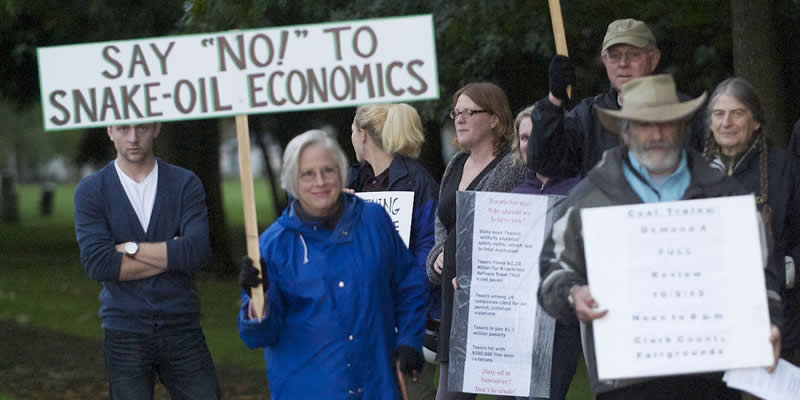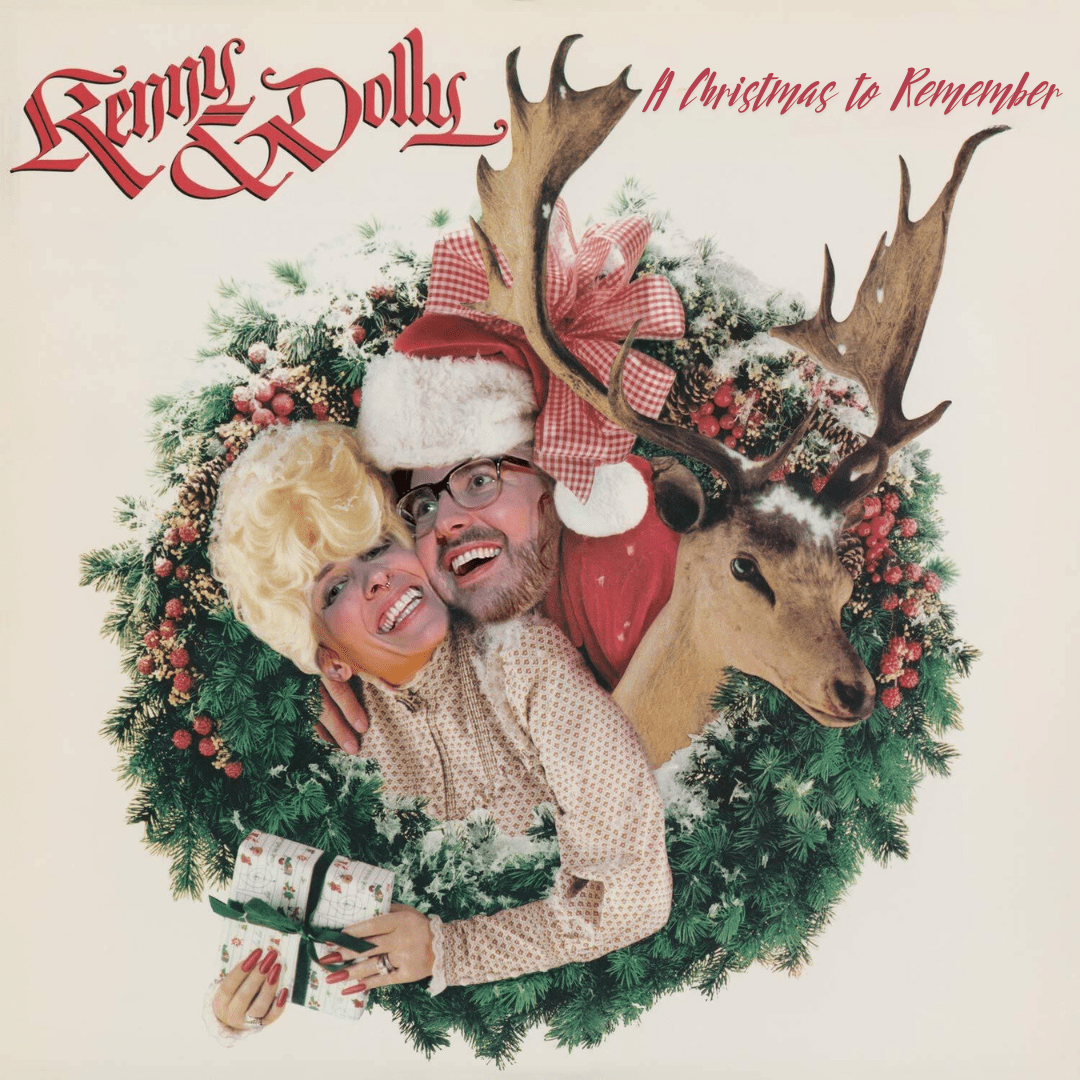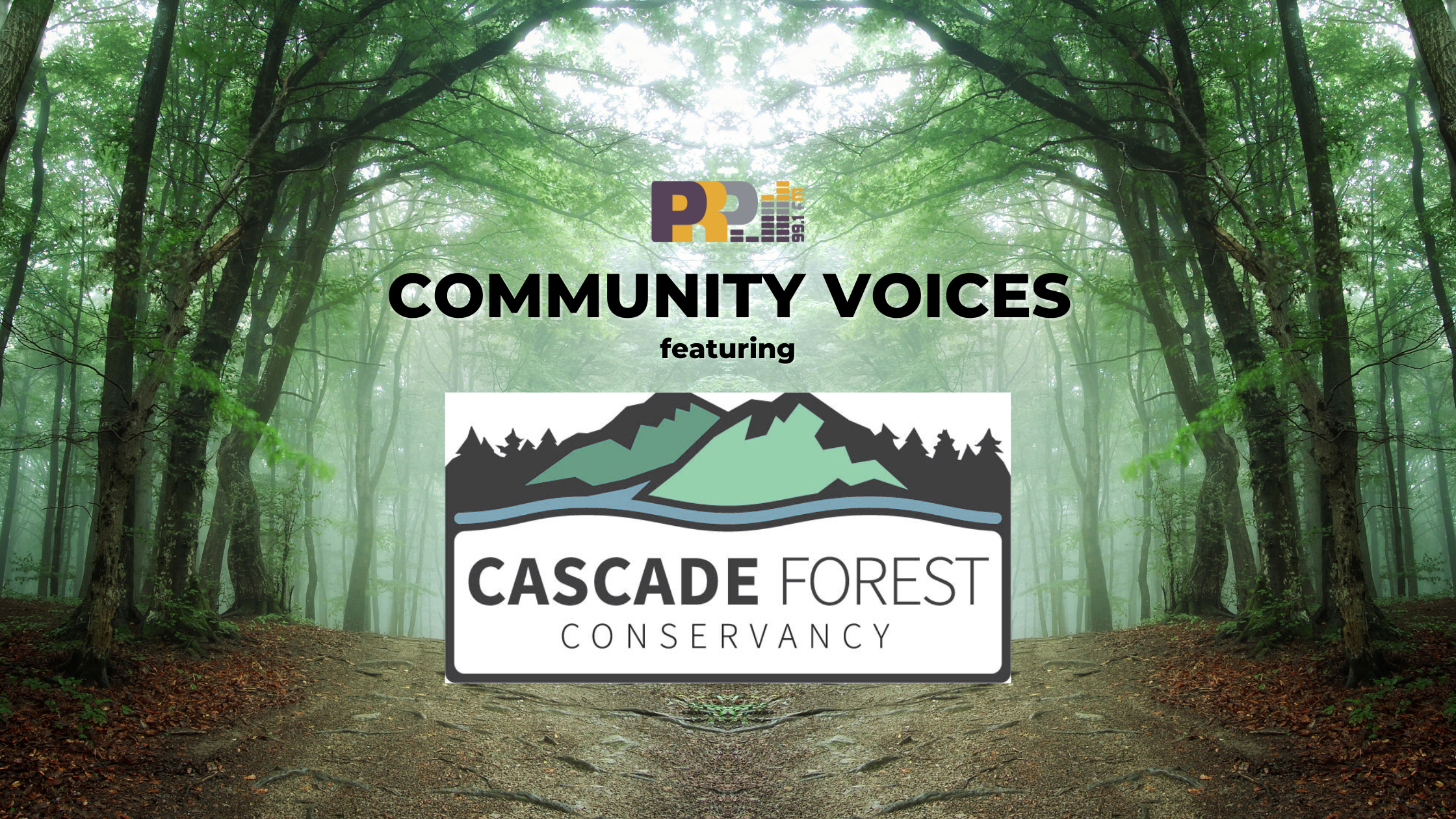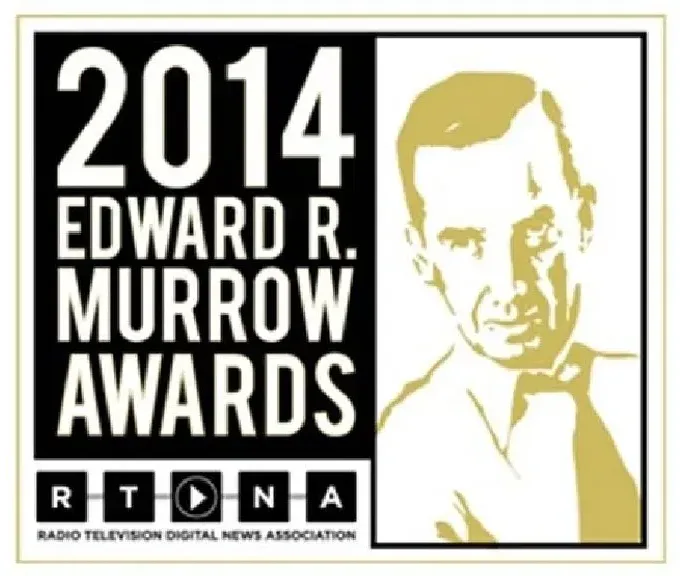Representatives of the two companies that want to build a controversial oil terminal at the Port of Vancouver said Monday night they will operate the facility safely and that they approach doing business in a community as neighbors, bringing charitable and other community-support programs in tow.
“We don’t look at moving into a community as something that’s just a way to make money,” Kirk Aubry, president and chief operating officer for Savage Companies, told an estimated 100 people who were inside the cafeteria of Hudson’s Bay High School to listen to him and other company executives explain their project. More than 20 protesters gathered outside.
Savage, a supply-chain management company, and Tesoro Corp., the West Coast’s largest refiner, want to build an oil-by-rail terminal that would handle as much as 380,000 barrels of crude per day.
Monday night’s meeting was the companies’ latest public engagement, allowing them to make a presentation to Vancouver residents and offering citizens an opportunity to ask questions. Officials with the companies, the port and BNSF Railway were stationed at tables, ready to answer questions about several subjects, including rail safety and oil spill response plans.
Dan Riley, vice president of government affairs for Tesoro, told attendees he understands they have legitimate concerns about the oil project. He urged them to provide public testimony to a state-level agency that will conduct a yearlong examination of the companies’ plan. “We want to be transparent,” he said.
Opposition to the Tesoro-Savage plan was evident Monday night. Reacting to the companies’ presentation, Eileen Cowen, co-chair of the Hough Neighborhood Association in Vancouver, said it was “pretty slick,” with very little worthwhile information. In mid-September, she said, the neighborhood association formally voiced its opposition to the oil terminal. In addition to her environmental concerns, Cowen said, the Tesoro-Savage plan’s estimated 120 full-time jobs aren’t a long-term investment. By contrast, she said, Vancouver’s waterfront redevelopment plan is a long-term contribution, which would be negatively impacted by the oil operation.
Monday night’s meeting did not offer time for formal public testimony. Opportunities for formal public comments will come with the examination of the oil proposal by the Washington state Energy Facility Site Evaluation Council. The public’s first opportunity to testify to the council is expected to occur in late October.
The EFSEC will review the companies’ 872-page application, submitted on Aug. 29, for a year or more and eventually make a recommendation to Gov. Jay Inslee, a Democrat, who has the final say.
Port of Vancouver commissioners voted unanimously on July 23 to approve a lease with Tesoro and Savage, despite public testimony overwhelmingly against it.
Outside the high school, opponents staged protests near entrances and in the parking lot, where anti-oil signs were displayed from inside three all-electric or hybrid vehicles. More than 20 protesters, carrying anti-oil signs, gathered near the entrance along McLoughlin Boulevard.
Source: Aaron Corvin / Columbian staff writer
Under the Tesoro-Savage plan, oil would be hauled to the port by train from the Bakken shale formation in North Dakota, where crude is extracted by hydraulic fracturing. The oil would be stored at the port and transferred to ships headed to U.S. refineries, which would convert the crude into transportation fuels.
Riley, the Tesoro official, said the companies will deploy state-of-the-art measures to safely operate the oil terminal, including double-hulled, oil-hauling ships and systems to capture “all vapors” associated with the operation. “Everything will be contained,” he said.
The companies say the $110 million oil project will generate about 250 temporary construction jobs, 120 full-time jobs, filled mostly with local workers, and boost tax revenues for Vancouver and the state. They also say the oil terminal supports U.S. energy independence.
Opponents raise many concerns, including oil spills on the Columbia River, the safety of hauling oil by rail in light of July’s fiery oil train disaster in Canada, detrimental impacts on Vancouver’s waterfront redevelopment plans and the worsening of global warming.
Aaron Corvin: https://twitter.com/col_econ; https://on.fb.me/AaronCorvin; 360-735-4518; aaron.corvin@columbian.com
- A Very New Pickathon in 2022 - August 13, 2022
- Pickathon returns to Pendarvis Farm! It’s not just the artists that’ll be new. - August 3, 2022
- July is BIPOC Mental Health Awareness Month (Black, Indigenous, Persons of Color) - July 14, 2022









Leave A Comment